Stay up to date with everything Boston
Receive the latest news and breaking updates, straight from our newsroom to your inbox.

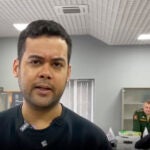


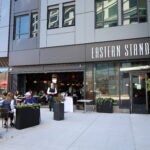
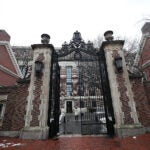




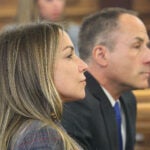


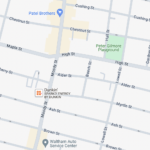

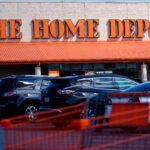
Receive the latest news and breaking updates, straight from our newsroom to your inbox.
Receive the latest news and breaking updates
Most Popular
Stay up to date with everything Boston. Receive the latest news and breaking updates, straight from our newsroom to your inbox.